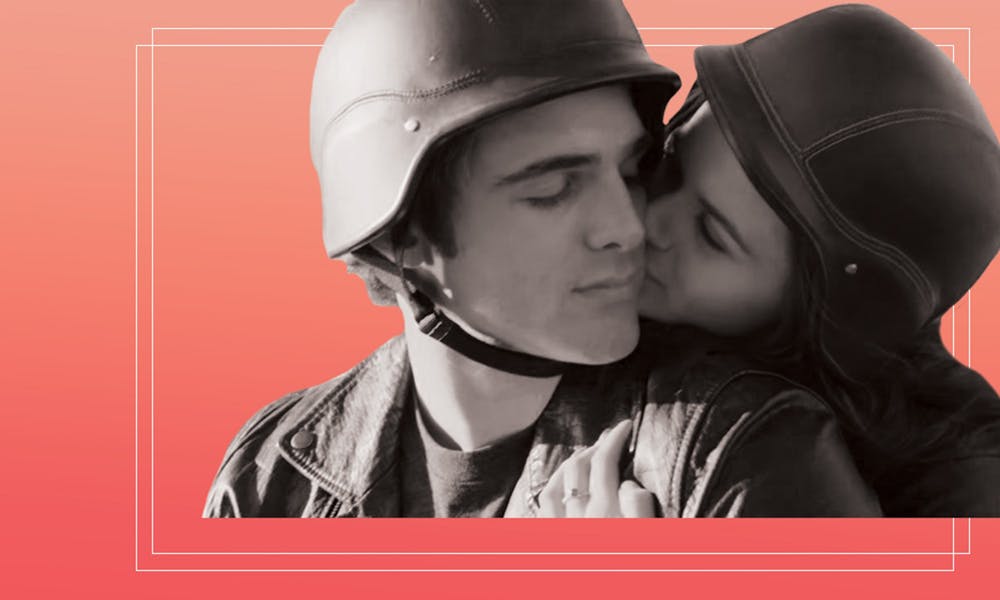When The Kissing Booth first debuted on Netflix in May 2018, I was nearing the end of my senior year of high school and had a lot of free time. A hopeless romantic and a sucker for forbidden love stories, as well as an almost–graduate looking for ways to kill time, my 18–year–old self was intrigued by the movie’s seemingly juicy premise: a good girl falls for her best friend’s bad–boy older brother.
There was also tremendous hype around the movie, with its cast serving as a big draw in and of itself — with beloved childhood actress Joey King and an up–and–coming Australian hunk Jacob Elordi as her love interest. It also included iconic names such as Molly Ringwald, who is the star of virtually every teen movie in the 80s (like The Breakfast Club and Sixteen Candles).
The Kissing Booth was a cute movie — but that’s just about it all it was: a basic, feel–good rom–com. One viewing was enough for me. The film was sweet but predictable, sub–par to the other legendary classic teeny–bopper rom–coms like Clueless or High School Musical that somehow never seem to get old.
Yet somehow the movie was deemed great and popular enough to deserve a sequel. On July 24, 2020, Netflix released The Kissing Booth 2, and — call it curiosity, nostalgia or just plain quarantine boredom — I decided to watch it. But, wow, was that a mistake. A whole two hours and eleven minutes of my life that I can’t get back.
The Kissing Booth 2 is completely superfluous. There was absolutely no need for this sequel. The first movie ended with Noah (Jacob Elordi) heading off to college and Elle (Joey King) getting ready for her senior year of high school, with the future of their relationship left up in the air. But that uncertainty did not necessarily need a follow up — there was an unexpected nuance and realism to that open–ended conclusion, with viewers left hopeful that things would work out between the couple despite the distance.
But alas, the show had to go on, and the result is a film that feels so forced it's cringeworthy. The Kissing Booth 2 includes, as the old saying goes, everything but the kitchen sink. There seemed to be an endless amount of plot points and sub–plots — a long distance relationship, a dance competition, college applications, college life, high school life, a kissing booth — and trying to keep track of them all made my head spin.
It felt like the movie was trying to touch on every possible teenage struggle — relationships, friendships, sexuality, college applications, monetary concerns, social events and self–discovery. There was simply too much going on. The Kissing Booth 2’s quest to be relatable therefore ironically had the opposite effect: the film felt painfully contrived and artificial.
I felt badly for the actors, who handled their one–dimensional characters as best they could. With each new scene, I kept hoping for some type of nuance, a saving grace of sorts — perhaps a plot twist or a valuable, original life lesson — but no luck. Each moral was trite and the entire plot predictable.
There is something to be said for simple, feel–good films — the kind that are mind–numbing and comforting in their lightheartedness and artificiality. But those types of movies shouldn’t necessarily be turned into an entire franchise (The Kissing Booth 3 is coming out in 2021). One Kissing Booth was enough. Two is unnecessary. Three is overkill — and it just seems plain lazy on Netflix’s part to recycle and reopen the same formulaic plot three times, instead of spending their resources on generating new and exciting content.

